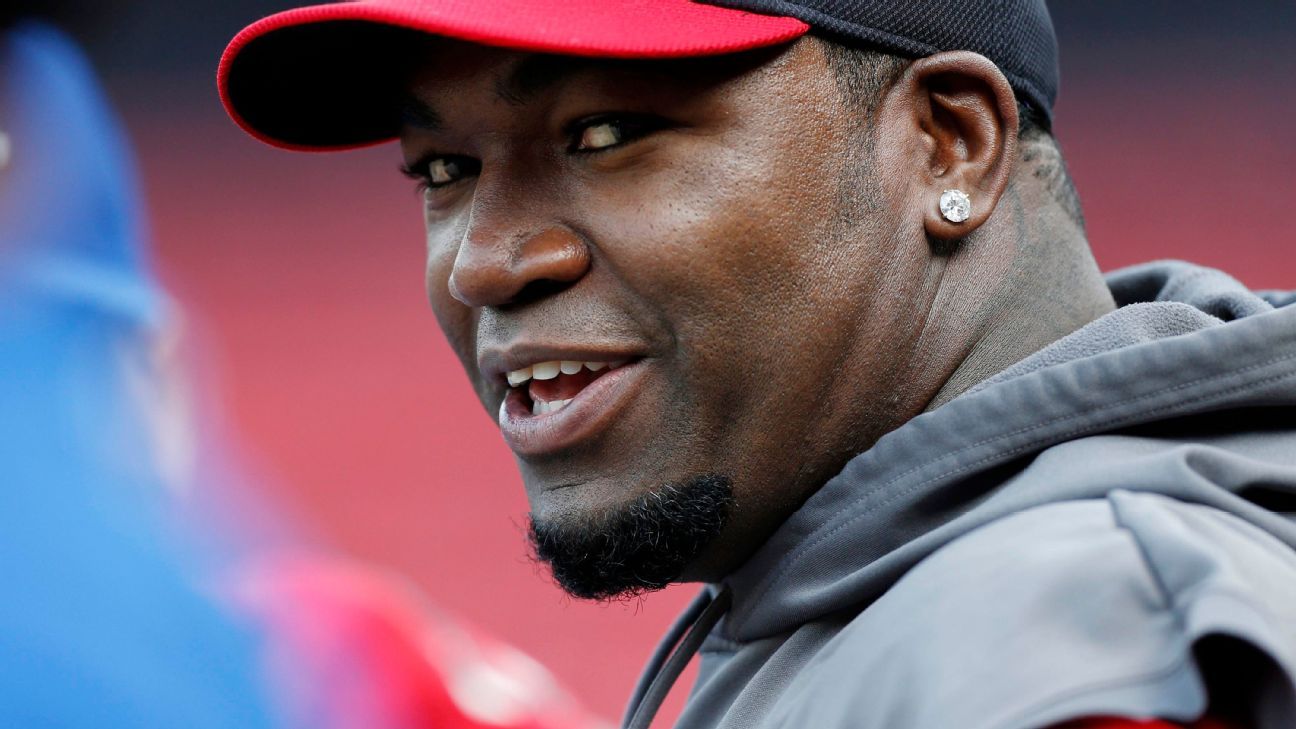The Baseball Hall of Fame was created to honor the achievements of former players. However, over time, the Hall of Fame’s election process became one of the most prominent sources of vitriol in sports. With the tabulation of individual ballots taking almost two months and a bitter debate further fueled by social media,
Although the results of this year’s election will not be announced until Jan. 25th, because of weekslong voting phlebotomy we know that Barry Bonds or Roger Clemens won’t be inducted into the Hall of Fame for their final year of eligibility on writers’ ballots. We know for certain that Curt Schilling will not be elected this year. He was just 16 votes away from being elected last year. David Ortiz might be the only candidate on this year’s ballot who will win election. However, Scott Rolen (longtime third baseman) is doing well.
It is possible that some of the joy from what was supposed to be a celebration has been drained by this gradual bloodletting.
Josh Rawitch, who is currently in his first year of being president of the Hall of Fame acknowledged ongoing questions about whether there was a better voting process. Rawitch stated that he had made a promise to himself that he would complete the voting cycle for one year before he evaluated it.
There is no other Hall of Fame voting in professional sporting that generates as much discussion as baseball. The debate over whether steroids-related players should be inducted has been raging for more than two decades. The annual debate unfolds in a way no one could have predicted, thanks to the efforts of one fan.
Ryan Thibodaux began tabulating ballots as a way to gauge Jeff Bagwell’s chances of becoming a Hall of Famer in 2014. Thibodaux was a huge Astros fan growing up. Thibodaux wrote that Thibodaux was unable to understand why Thibodaux did so poorly the first couple years. “I started to follow the work done by those collecting ballots, and I realized that I could make a difference.” A spreadsheet that has more data and other bells and whistles.
Thibodaux is able to examine a lot of information because of the Hall of Fame’s process. The Hall issues its ballot around November. Some writers also release their ballots very quickly, as part of the longstanding culture surrounding baseball voting.
Thibodaux carefully collects and analyzes the resultsSome voters sent their ballots to him direct for collection and release.
Thibodaux accounts for just over a third of all ballots as of this writing. To be elected, players must be listed on 75% of ballots. Ortiz and Bonds poll above this number. Clemens, Clemens, and Bonds all poll above it.
Because Thibodaux’s meticulous work and the way he compares each voter’s history to determine which ballots are valid, it is clear that Bonds or Clemens will not get enough votes. If either of these players were elected this month, it would not be a Dewey defeat Truman shocker; it would more closely resemble Kanye winning the presidency.
Bonds was 61.8% named last year on 248 out of 401 ballots. It was 53 votes short to win. Thibodaux’s analysis of all votes so far this year has shown that Bonds had added just two more ballots to those returning voters. This is way, far less than he requires. The voting philosophy among the writers who cast ballots has hardened: Many are willing to vote for players in spite of possible links to past use of performance-enhancing drugs, but a little more than a third of the voter base has demonstrated that it will not.
Clemens was 54 votes shy from election and polled at 61.6 percent last year. His candidacy, like Bonds, has only received two more ballots of support from returning voters.
Schilling was at 71.1% in the last year. In the past, any candidate who is close to being elected on the last day of their last year on the ballot has been given additional votes. It seems that Schilling’s publicly stated opinion has been granted by some writers. desire to be removed from considerationAccording to Thibodaux’s Tabulation, Schilling’s vote share has fallen to just under 60%. At least 15 returning voters have dropped him from their ballots.
Rawitch, along with thousands of baseball fans, has been following Thibodaux’s tracking and noting how the results were largely known prior to the actual announcement. Rawitch stated that he couldn’t decide at this point whether the results were good or bad for the Hall.
Even Ortiz’s candidacy for the presidency, which may be the only one on this year’s ballot with success, is fraught with controversy. Some voters acknowledged that they had to grapple with the issue of accounting for Ortiz’s positive 2003 New York Times test. This happened before MLB imposed penalties for PEDs. Thibodaux has done a daily account of votes in previous years and found that Bonds and Clemens fared better when the entire results were made public. It remains to see if Ortiz’s voting pattern will be the same.
Jim Gates, Hall of Fame librarian, sent Rawitch a 1939 article detailing controversy surrounding the voting process after Rawitch was elected president. Rawitch heard from Gates, that no matter what, there is always controversy.
The Hall is now pondering whether there may be a better method of inducting new members.
